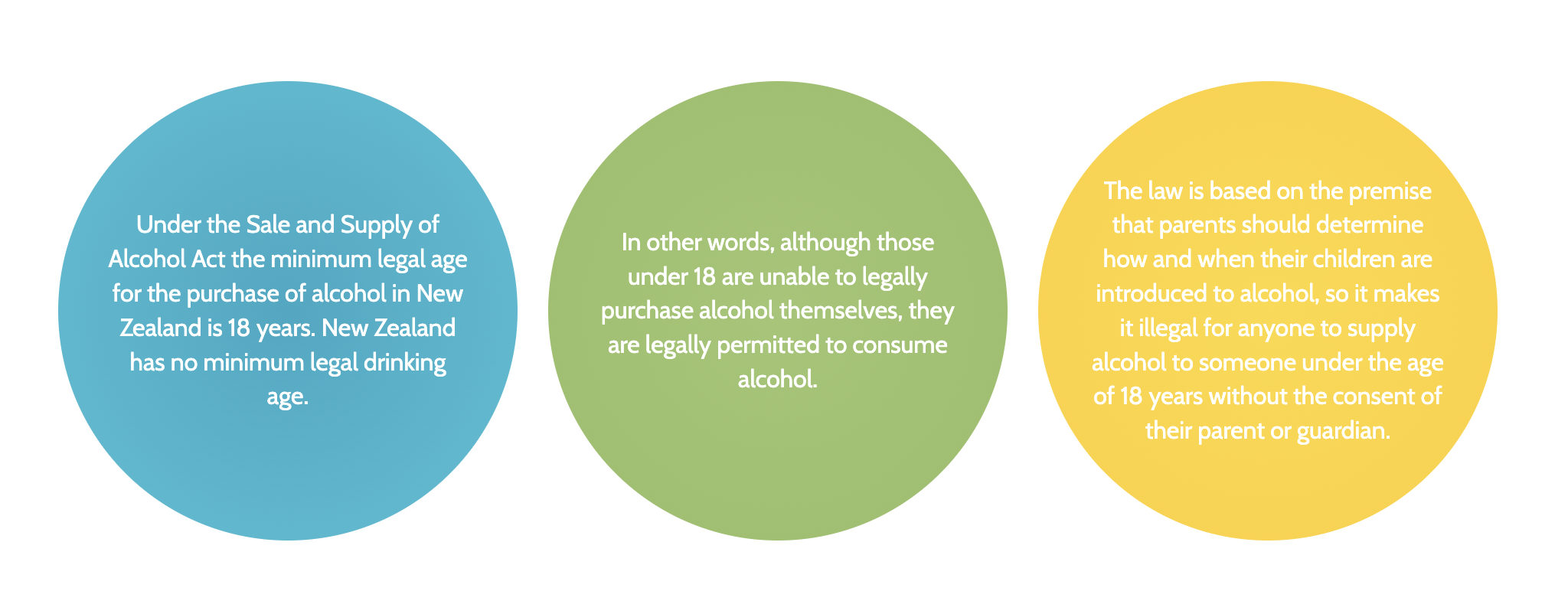WEEK 2 TERM 2
Section outline
-
WELCOME to 10W1PEH!
Learning Intention:
We are learning to understand how the face of New Zealander has changed over the decades in terms of popular sports and the introduction and use of drugs/alcohol.
Success Criteria:
-
Identify sports or games that are common in NZ today and historically
-
Identify the difference in recreational vs. non-recreational drugs
-
Describe (while participating) how NZ has changed over time with regards to popular sport
-
Describe different types of drugs that are present in our society
-
Explain the importance of changing sport in NZ and how immigration is changing this
-
Demonstrate your understanding of how drugs can alter people states and explain ways on how to stay safe
-
Evaluate your own understanding of how sport has changed in NZ over time
-
Evaluate your own understanding how how society had influenced drug 'popular culture'
Term 2 CONTEXT - Multicultural Us "Whanaungatanga" - To appreciate how the face of NZ is changing over the decade
“How might we build cultural awareness so that we have a sense of belonging at MHJC”
MONDAY - This will be our health session this term.
Homework check - Why do people take drugs - Hauora chart.
Our health topic this term relating to our context is Drugs and Alcohol. What is our learning intention for the term?
****** We will focus on alcohol, vaping, marijuana, and ?? What is your choice from last week?
1.) Watch the below documentary on alcohol.
3.) Copy the below key terms into your books . . . this can be in your own words.
- blackout: a temporary loss of consciousness, sight or memory.
- delirium tremens: a psychotic condition typical of withdrawal in chronic alcoholics, involving tremors, hallucinations, anxiety and disorientation.
- dependence: having a physical or mental “need” to use a drug or other substance regularly, despite the fact that it is likely to have a damaging effect.
- high blood pressure: blood pressure is the amount of force with which blood flows through the body. When someone has high blood pressure, it means the heart must work harder to pump blood through the arteries. If the condition persists, damage to the heart and blood vessels is likely.
- motor skills: dexterity and ease of coordination in the execution of body motions.
- nerve cells: cells that are part of the nervous system and send messages to and from the brain.
- toxicity: the state of being poisonous to somebody or something.
4.) Using the PDF below answer the following questions in your book. (first PDF)
- Does alcohol affect teenagers more than adults? Why?
- What can happen to a pregnant woman who drinks alcohol?
- What are some of the short‐term effects of alcohol?
- What are some of the long‐term effects of alcohol?
5.) What is a standard drink? The amount of alcohol someone can process in one hour.
Can you pour one - https://cheers.org.nz/drinking-and-your-health/standard-drinks/
6.) New Zealand alcohol laws . . .

WEDNESDAY - Practical - make sure you have your PE gear (GYM)
We will continue to look at some traditional games before your begin your assessment. So far we have looked at 5 Bat and modified Kabaddi.
Today as a warm up we will play - My Ball.
Then we will play Kick Ball.
THURSDAY - Practical - make sure you have your PE gear (Football Field)
We will continue with our traditional game from Tuesday.
-
